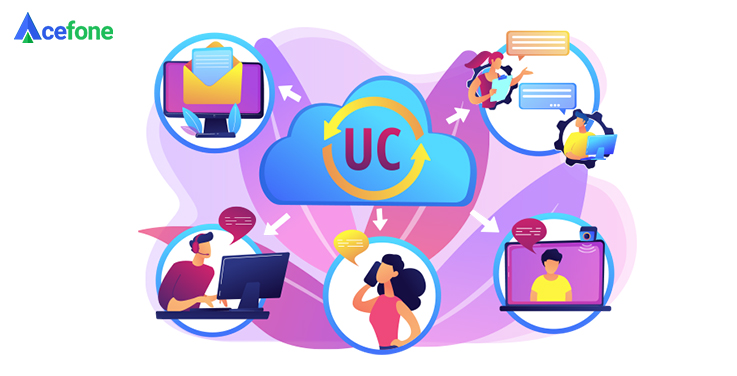✨ VoIP Introductory Offer ✨ International calling starts at $125 $100/Month
Know more 
Ready for a better calling stack?
Tell us your use case (support, collections, delivery, patient queries) and we’ll map the setup.
Confused About 160 Numbers?
Cut through the noise. Get a free 5-min call with our telecom expert.


Not Sure Which Auto Dialer to Pick?
Talk to our experts and get personalized recommendations for your call center setup.














